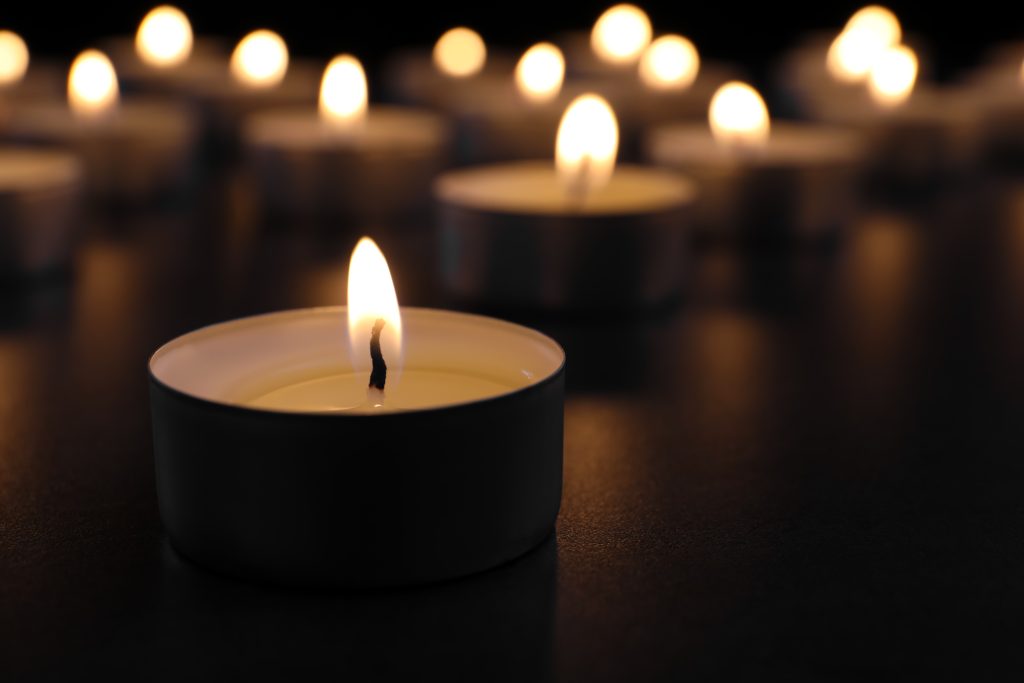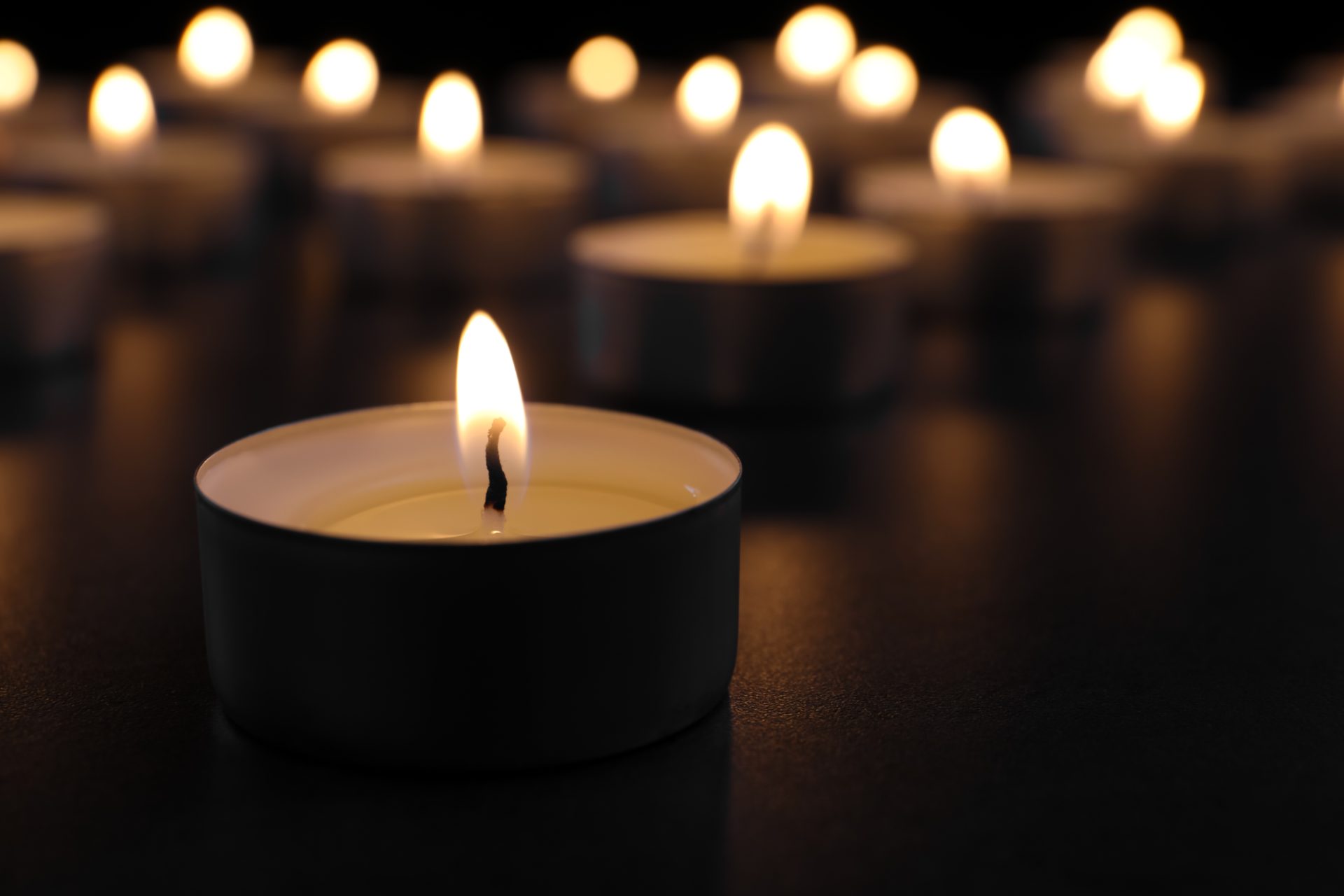In Ireland, we have a saying; “Hard work won’t kill you, but worry will!”
Most people could relate to the wisdom in that observation, but few realise the toll that’s taken on the physical, psychological and spiritual aspects of ourselves when flooded with negative emotions like stress, anxiety, grief or loss.
Over millennia, we have evolved through coping with stressors that equipped us for survival (running away from wild animals, for example), forcing us to react to obvious danger or threats.
Grief, the reaction to loss, can particularly impact the body by being stored in the heart, lungs, throat and stomach, producing physical sensations such as heaviness in the chest, or tightness around the throat when experiencing grief.
The grieving process produces extra amounts of stress hormones that can stun the muscles and joints, causing aches that are constant, or come and go from weeks to months.

Unlike the natural tiredness of hard work, grief exhaustion is the deep and seemingly endless fatigue that can accompany the grieving process, impacted by the intense emotional and psychological strain that grieving people experience.
Steroid production increases through strong stress response, such as with bereavement, and given the magnified feelings of grief, can impact the central nervous system, manifesting through sleeping most of the time or inability to sleep at all.
A sense of loss of control when grieving can lead to feelings of “going mad “ or “losing my mind” for those struggling with overwhelming emotions.
A sense of choking or drowning can shock the grieving person with its intensity, ferocity, and unpredictability of where and when it will “pounce”.
Most who undertake grief work through counselling seek assurance that they are “doing it properly” but in reality, there is NO right way or procedure in the process.
Many will have heard of the “Stages of grief”, whereby, it is thought that everyone goes through the grieving process in a linear fashion of (1) Denial (2) Anger (3) Bargaining (4) Depression, and finally (5) Acceptance, recent studies adding the further two of (6) Guilt, and (7) Reconstructing, for good measure!
These stages were originally highlighted by Dr. Elisabeth Kubler-Ross, whose findings emerged through her work with terminally ill clients, citing how their situations occurred to them.
Her conclusions were used as a blanket of expected grief reactions by workers later in the field, suggesting that they are experienced by all suffering grief.
Whether carrying the burden of imminent death and the unimaginable grieving associated with it, losing a beloved pet, smashing Grandma’s vase that survived two wars and a migration journey, children starting school/leaving home, needing hearing aids or walking-frame, all grieving is a reaction to loss.
There are no constraints or timeframe for how long grief, exclusive to the sufferer, will last.
The more common misconceptions around grieving come through negative self, or others talk- “I should be over this by now!” “It was only a bloody cat, not a person!” “Well, what do you expect at your age?!” or, “He was no good for you, anyway!” simply adding to the pressure of “moving on”.
Acknowledging that you are grieving, and seeking the support you deserve in honouring that process plays a major role in getting through the many and changing facets and emotions that accompany grief work.
Having a strong support network through family, friends, appropriate support groups, bereavement services or pastoral care can lessen the pain of grieving, and validate what you are going through as a “normal” and natural reaction to loss.
IF YOU ARE IN CRISIS OR FEELING UNSAFE, PLEASE CALL 000
LIFELINE; 131114
BEYOND BLUE; CALL A COUNSELLOR ON 1300224636
YOU CAN ALSO CHAT WITH A COUNSELLOR ONLINE IF YOU ACCESS THE BEYOND BLUE WEBSITE

